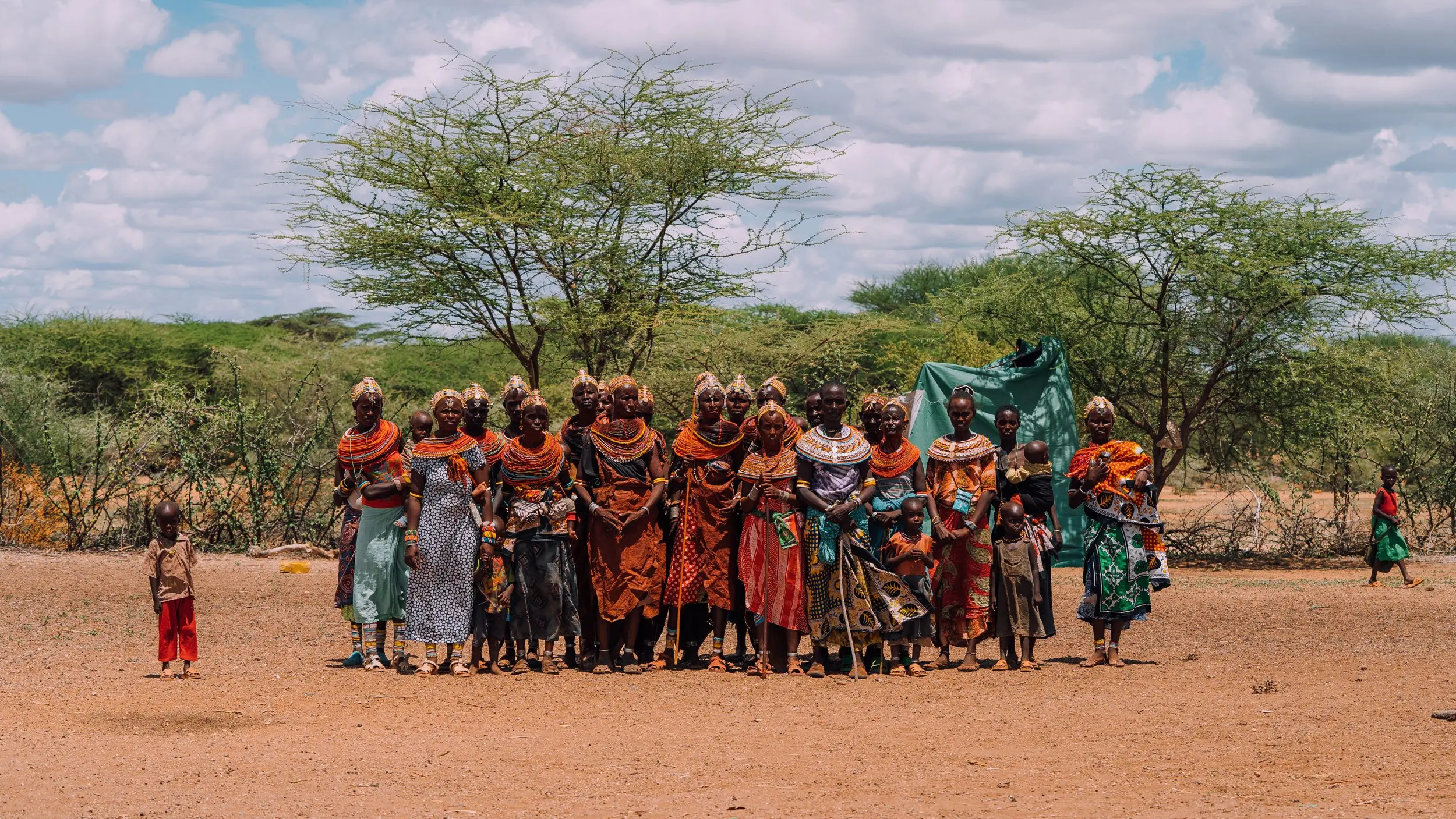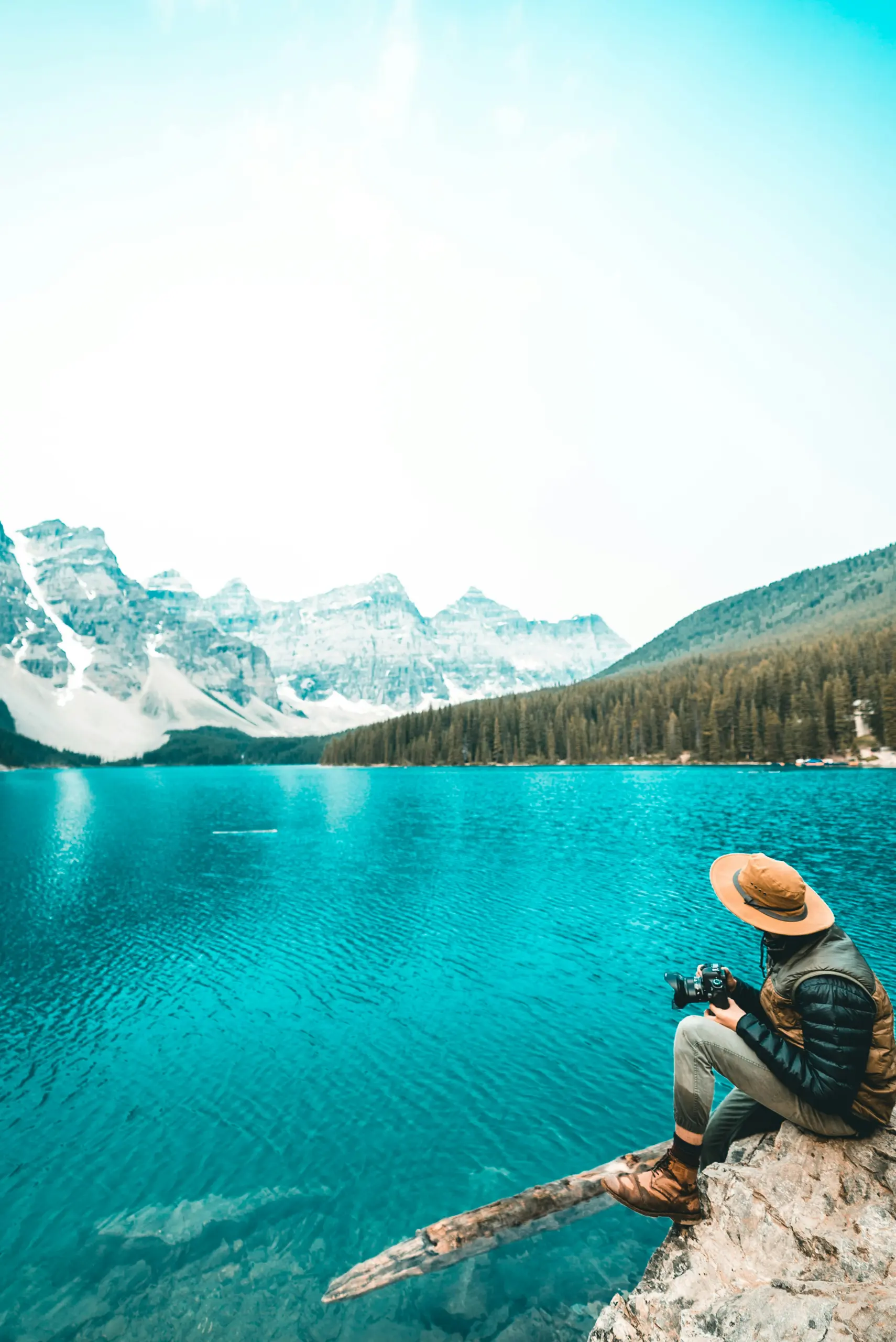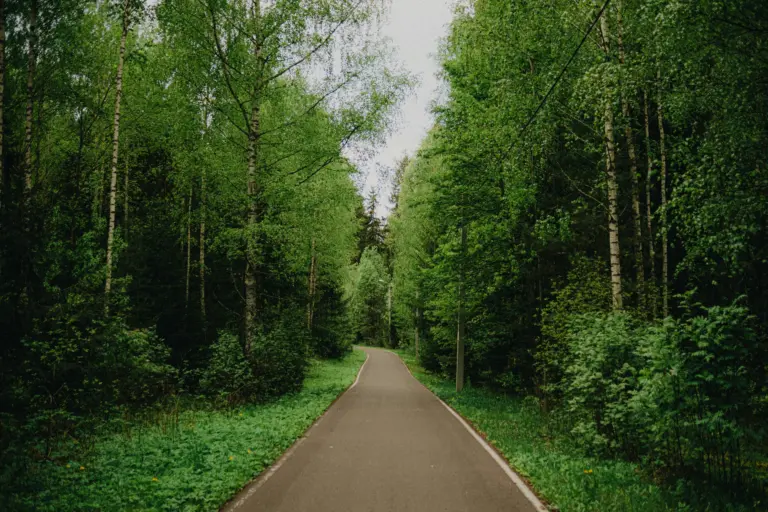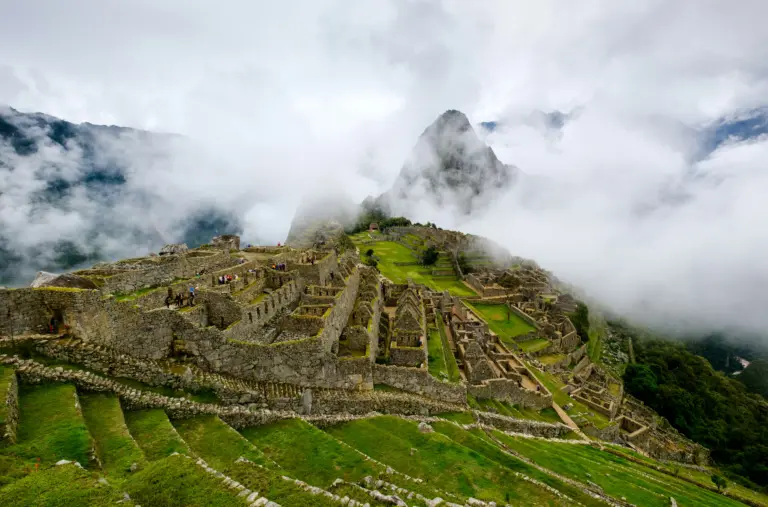Step out of the game drive and experience a day in a Maasai village for yourself—learn Maasai herding traditions, crafts, and rituals from Maasai hosts.
Beyond the Safari: A New Way to Experience Tanzania
When most visitors imagine Tanzania, they envision safari vehicles, migrating herds of elephants, and over-the-top lodges overlooking the Serengeti. Yet a different Tanzania exists, one that has nothing to do with binoculars and checklists, but with people, stories, and everyday life shared. To live among the Maasai is to experience something much deeper: the ability to step into the pulse of an ancient world that continues to beat today.
I arrived dusty and inquisitive, looking perhaps for some tour-happy pageantry. Instead, I found a welcoming arm, a cup of goat milk tea, and a respectful gesture to learn rather than observe. No makeup, no staged greeting—simply the mundane details of life by a people of tradition, but one that wished to share them with respect.
Waking with the Herd: A Day in the Life
The rooster will not wake you up here—the cows will. They low contentedly as boys, some who may be no more than ten years old, drive out the herd to feed. I was loaned a wooden staff and invited to join them. It’s not a show—it’s work. And trekking through the bush with a barefoot teen who knows every path and plant better than Google Maps is a humbling experience.
Later, I returned to the village and sat beside women stitching exquisite beadwork, their fingers waltzing with color. They showed me how to string the first couple of beads, smiling gently at my clumsy attempts. We used gestures and grins to speak—of family, of weather, of cows. Someone handed me a slice of hot flatbread fresh off the fire. It had a taste of simplicity, of welcome.
Evenings are something else again. The sun sets low, and the village is united. There is music, rhythm, movement. I witnessed the jumping dances and then was talked into taking part. Not a performance. A celebration of life.

Tourism That Builds, Not Breaks
This form of travel is called community-based tourism (CBT), and it’s changing the way tourists interact with local cultures. Instead of outside companies reaping profits from brief encounters, CBT has the community lead—and benefit from it.
In Tanzania, communities like MWEDO and Maasai Wanderings engage directly with villages, helping them to develop tourism in tune with their values. Tourist revenue supports education, healthcare, clean water, and even helps sustain cultural practices that otherwise would be lost.
An elder told me, “When you visit here not to observe, but to live among us—even for a short time—you become part of our story.”
How to Be a Respectful Guest
You don’t have a right to be welcome. The Maasai are wonderful hosts, but cultural sensitivity reigns. Don’t photograph without permission. Ask questions, but listen more than you ask. Be respectful of dress codes—cover shoulders and knees—and abstain from gestures.
You’re not in a production. You’re a guest in a home.
And remember: Maasai time isn’t clock time. Everything happens at a leisurely pace, naturally. Let it.
Planning Your Stay
The best time to go to Maasai villages is during the dry season, June to October, when roads are usable and herding is in full production.
Accommodation ranges from bomas (huts) in traditional fashion with modern comforts to eco-lodges run by local people. Bring light, respectful clothing, a flashlight, biodegradable soap, and an open heart.
Local operators who specialize in CBT—like Dorobo Tours or Maasai Wanderings—can help plan your trip with responsibility. Always ask where your money is going.
More Than a Journey
Time with the Maasai does not just change the way you see Tanzania—it changes the way you see the world. It is not about checking off boxes; it is about making memories that breathe, speak, and stay with you.
You might come for the culture. But you’ll leave with something far deeper—a sense of connection that no camera can capture.
Ready to experience Tanzania beyond the safari? The Maasai are ready to welcome you—not as a tourist, but as a guest.




